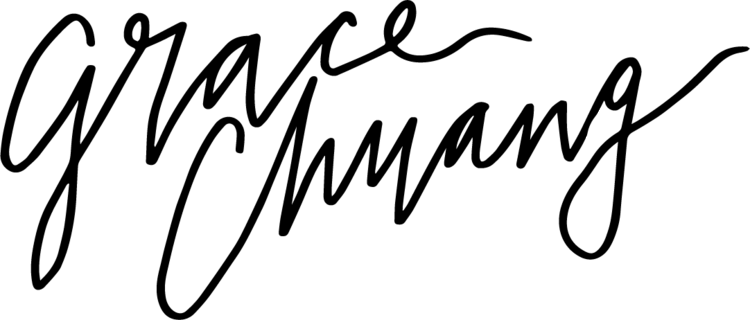The Future of Science Film Fellowship
The Future of Science Film Fellowship is a program for emerging filmmakers to develop new documentaries about efforts to make science more equitable and inclusive. I was chosen as a fellow for the inaugural cohort alongside Attabey Rodríguez Benítez and Luce Capco Lincoln, out of nearly 100 applicants. Created by the directors, filmmakers, and producers behind Picture a Scientist and the Science Communication Lab, the 8-week workshop provided mentoring as I concepted, developed, and researched my film, culminating in a pitch deck that will be used to seek funding for future phases of the fellowship.
When people talk about combating racism in science, they often begin with talking about the leaky pipeline, or about establishing more representation in the field. But what if establishing true equity in science was more than that, beyond just who we hired? What if we could actually change the way that we do science? In her book The Real World of Technology, Ursula Franklin writes, “The great contribution of women to technology lies precisely in their potential to change the technostructures by understanding, critiquing, and changing the very parameters that have kept women away from technology. Only then do we have the possibility of changing the real world of technology.” Equity therefore, is not achieved by simply having women, or other marginalized groups existing amongst technology; rather, it is achieved when those marginalized groups design and change the technology itself.
Could another science be possible? My pitch for my film followed multiple generations of scientists working to do science differently, from being inspired by Barbara McClintock’s “A Feeling for the Organism”, to developing feminist labs, to understanding how Indigenous practices inform research. The film was centered around two main arguments: one, that in order to change the real world of technology, we must invite as many people as possible into the conversation to rethink how we do our science and two, that in order to rethink how we do science, we can look to nature to learn how to live more equitably.
This project is still in development; check back for updates.

